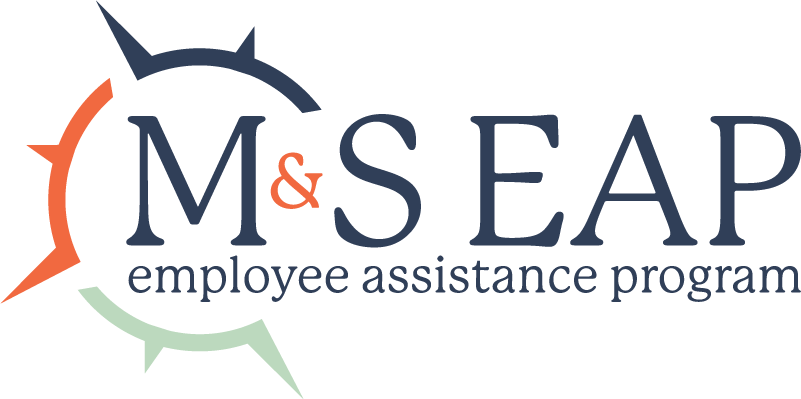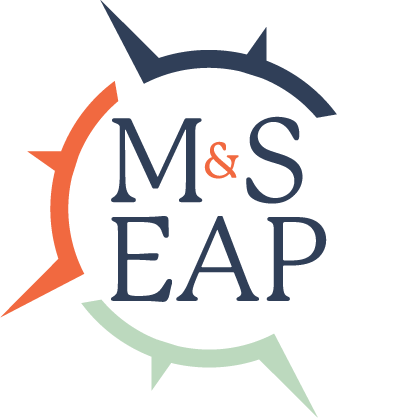Navigating ADHD at Work

Attention deficit hyperactivity disorder (ADHD) isn’t just a childhood condition; ADHD persists into adulthood, often significantly impacting various aspects of life, including work performance. Understanding how ADHD affects daily life and knowing how to work with it can make a substantial difference in professional success. Let’s delve into the nuances of ADHD at work, exploring its effects, accommodations and strategies for success.
How Does ADHD Affect Daily Life?
ADHD is characterized by difficulties in attention, hyperactivity and impulsivity. While these symptoms may vary in severity from person to person, they consistently manifest challenges in daily life routines. In the workplace, individuals with ADHD may struggle with maintaining focus on tasks, organizing their workload, meeting deadlines and controlling impulses. These difficulties can lead to increased stress, frustration and decreased productivity.
What Part of the Brain Does ADHD Affect?
Research suggests that ADHD is associated with differences in certain brain regions, particularly those involved in attention, executive functions and impulse control. The prefrontal cortex, responsible for decision-making and self-regulation, is often implicated in ADHD. Neurotransmitter imbalances, particularly involving dopamine and norepinephrine, also play a role in the condition. Understanding these neural mechanisms can provide insights into the cognitive challenges faced by individuals with ADHD and inform strategies for support.
Accommodations for ADHD at Work
Employers have a responsibility to provide accommodations that enable employees with ADHD to thrive in the workplace. Some accommodations may include:
- Flexible Work Schedule: Allowing flexibility in work hours or implementing adjustable deadlines can help individuals with ADHD maximize productivity and manage their time more effectively.
- Clear Communication: Providing written instructions, breaking down tasks into smaller steps and maintaining open communication channels can enhance understanding and reduce confusion.
- Structured Environment: Creating a well-organized and clutter-free workspace can minimize distractions and promote focus.
- Use of Technology: Utilizing productivity tools, such as task management apps or noise-canceling headphones, can aid in task prioritization and concentration.
- Regular Check-ins: Scheduled meetings or check-ins with supervisors can provide opportunities for feedback, clarification and support.
- Training and Education: Offering training sessions on ADHD awareness and effective communication strategies can foster a supportive work environment and reduce stigma.
By implementing these accommodations, employers can empower individuals with ADHD to maximize their potential and contribute meaningfully to the workforce.
How to Work with ADHD: Strategies for Success
Individuals with ADHD can also employ strategies to mitigate challenges and enhance their work performance:
- Break Tasks into Manageable Chunks: Breaking down tasks into smaller, more manageable steps can prevent overwhelm and facilitate progress.
- Utilize Time Management Techniques: Techniques such as the Pomodoro Method, where work is divided into intervals with short breaks, can improve focus and productivity.
- Prioritize Tasks: Identifying and prioritizing tasks based on importance and deadlines can help individuals with ADHD stay organized and on track.
- Minimize Distractions: Implementing strategies to minimize environmental distractions, such as turning off notifications or working in a quiet space, can enhance concentration.
- Seek Support: Don’t hesitate to communicate with supervisors or colleagues about specific challenges and request necessary accommodations or support.
- Practice Self-Care: Prioritizing self-care activities such as exercise, adequate sleep and stress management techniques can improve overall well-being and cognitive functioning.
By proactively implementing these strategies, individuals with ADHD can navigate work challenges more effectively and achieve success in their professional endeavors.
ADHD can present significant challenges in the workplace, impacting various aspects of work performance. However, with understanding, accommodations and effective strategies, individuals with ADHD can overcome these challenges and thrive in their careers. By fostering a supportive work environment and implementing tailored accommodations, employers can harness the unique strengths of individuals with ADHD and cultivate a more inclusive and productive workforce.
Reach out to Mazzitti & Sullivan EAP and utilize our services to give your employees the help they need and deserve.



